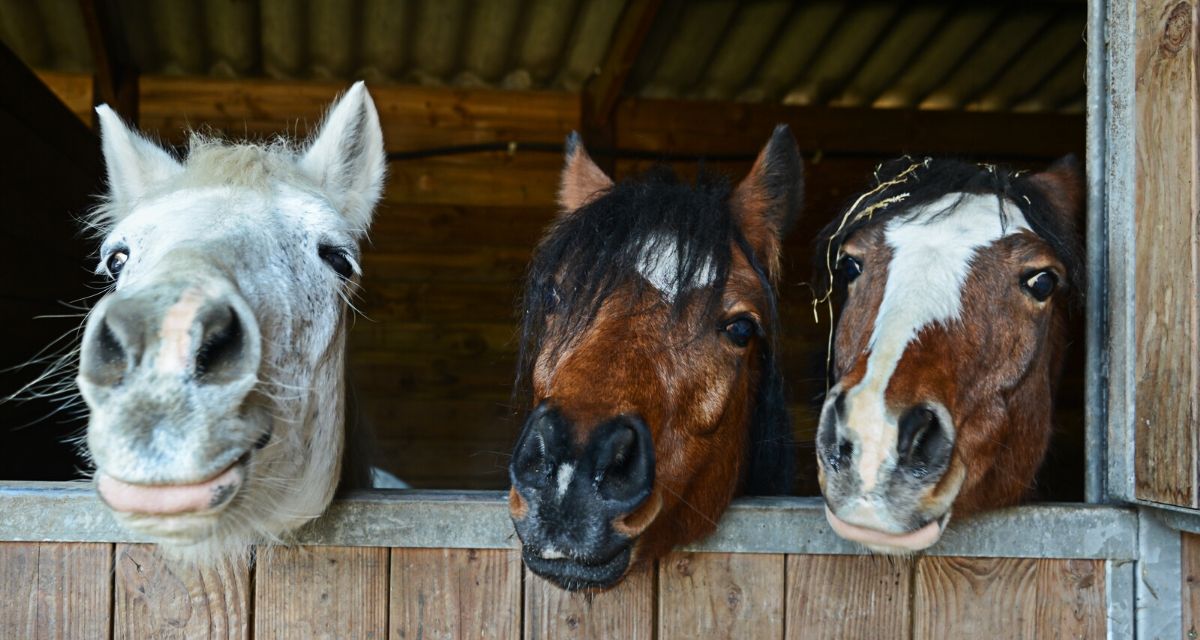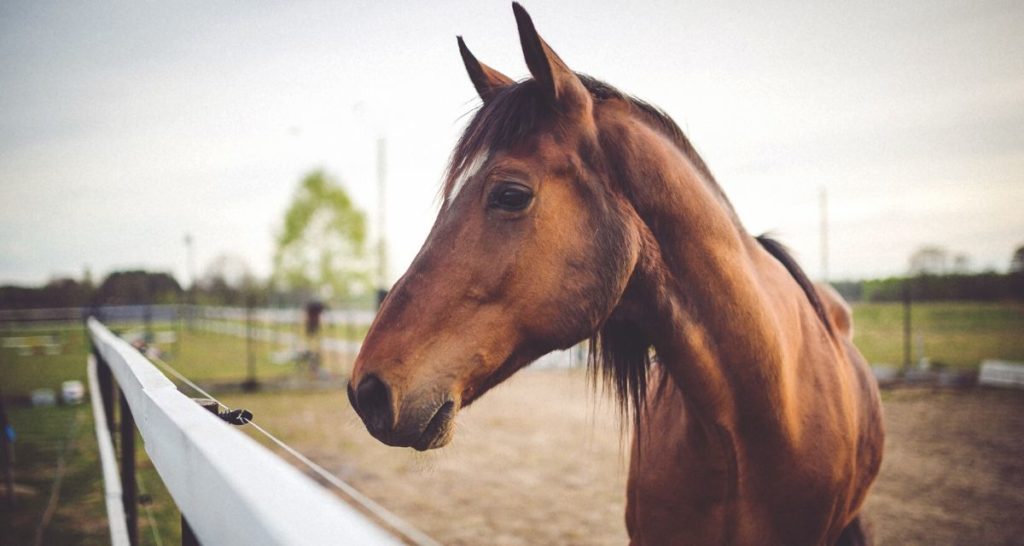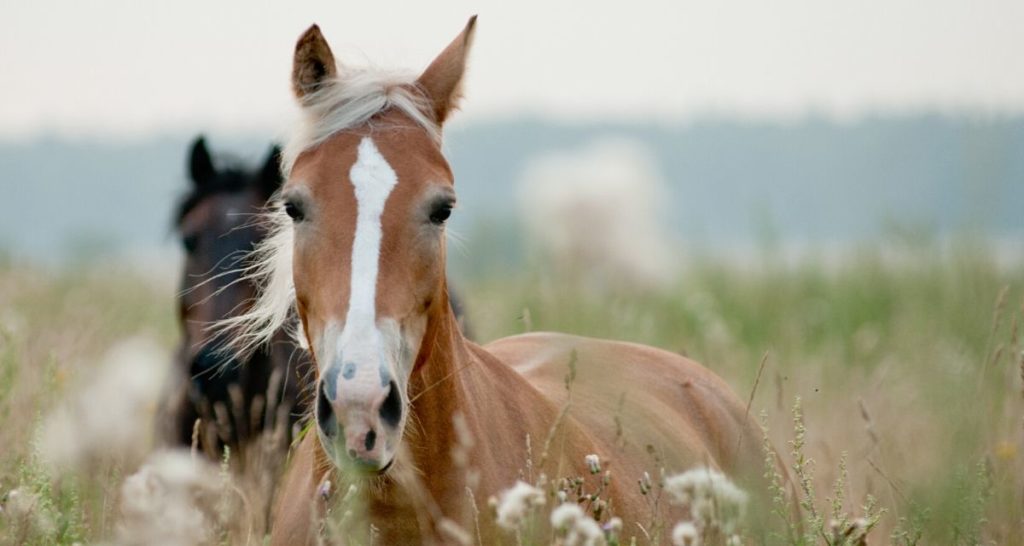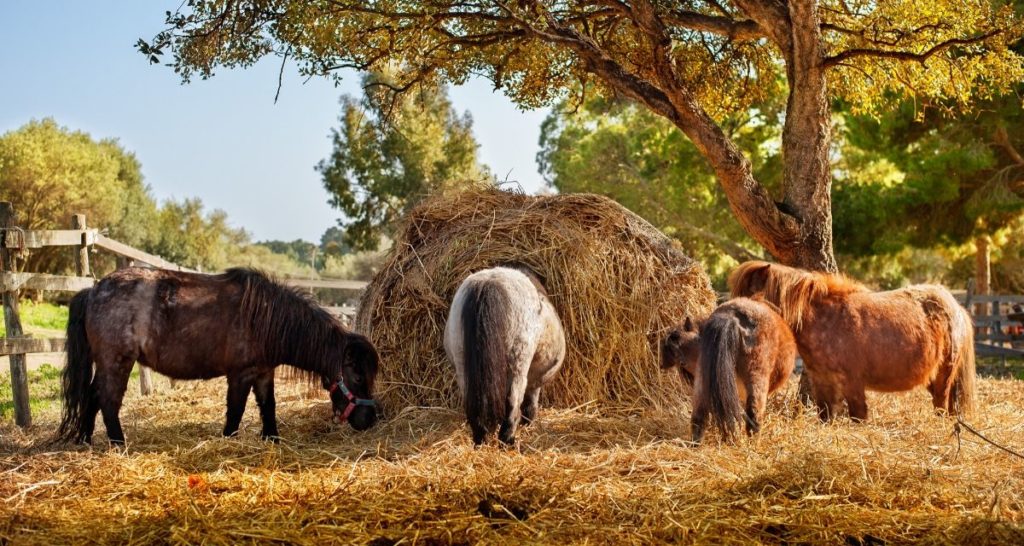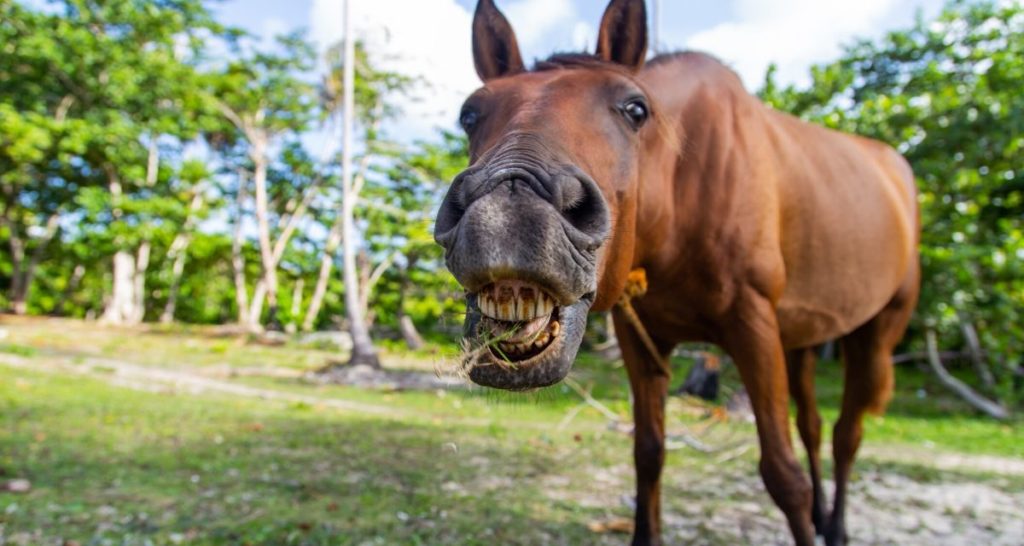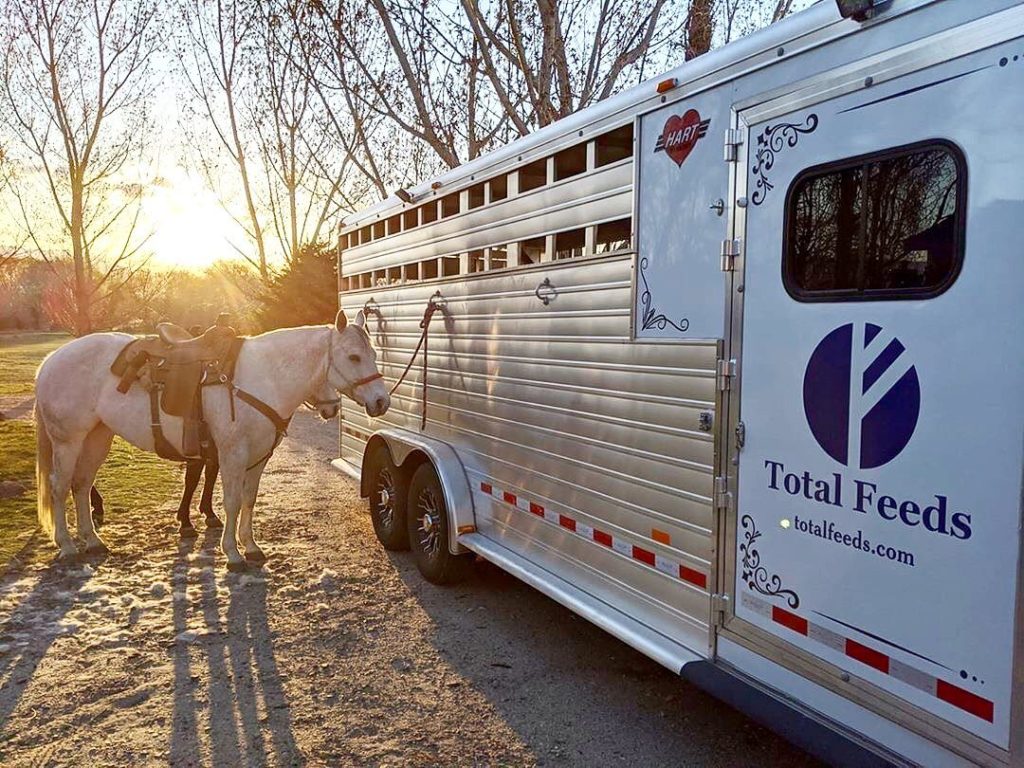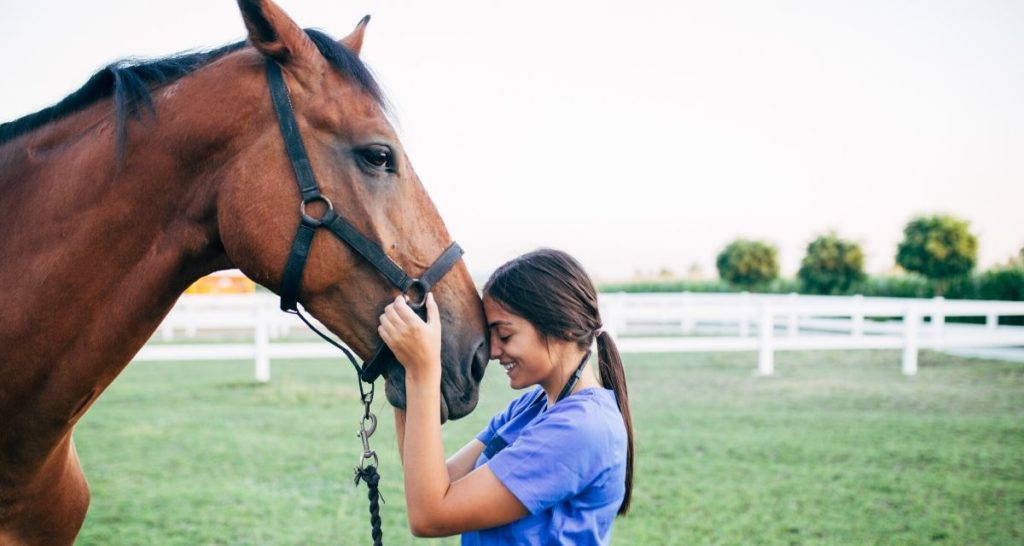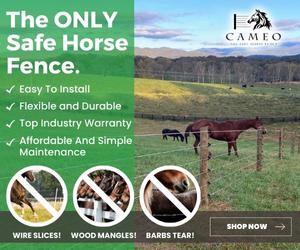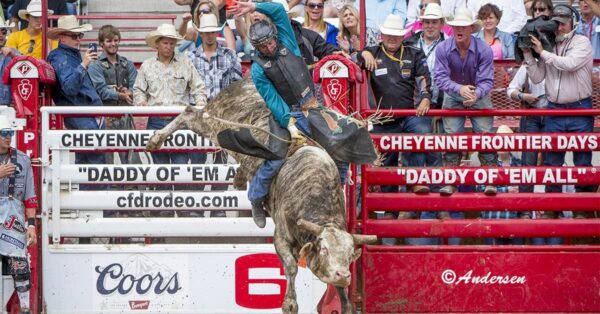Whether you’re a seasoned horse owner or you’re a newbie just jumping into the world of horses, it seems there are always questions around how to feed your four-legged friend. Below you will find seven tips that might help shed some light on some of the common questions that equine owners typically have.
Always supply unlimited quantities of clean, fresh water
This may seem like a no brainer but this can be tricky for some horse owners. Some of the things I like to consider when choosing how to water my horses, I have to take into consideration each horse individually. Some horses are tough drinkers and won’t drink as much willingly on their own. I don’t like having those kinds of horses on automatic waterers because I can’t see how much they drink during the day. A horse that I know drinks just fine is okay on an automatic waterer because I’m not worried about how much he/she is drinking.
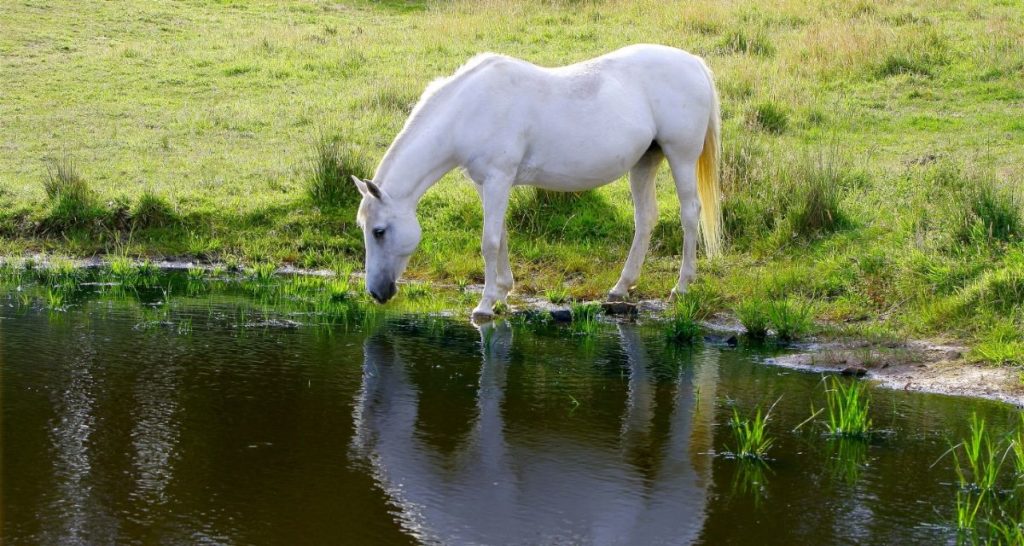
Water is the most important nutrient needed by the horse. A horse should always have access to a fresh, clean supply of water maintained at a tepid temperature to encourage maximum water consumption. A 1,000-pound horse at rest in a moderate or cool environment and eating dry forage will drink anywhere from 10 to 12 gallons of water a day.
Maximize forage intake
Forage, either alfalfa or grass is the ideal source of energy for horses. Most mature horses should be fed a minimum of 1 percent and ideally up to 1.5 percent to 2.5 percent of their body weight in forages each day. Consuming forages can provide much of the energy needs of the horse, help maintain gastrointestinal tract function. In the case of forage, everyone has an opinion on what is best, whether it’s alfalfa or grass. At the end of the day, it is what is best for each individual horse. If have any questions, we do recommend speaking with an equine nutritionist to get the answers you need.
Maintain your horse’s teeth
This might be one of the most important on this list because nothing else matters if your horses’ teeth aren’t working properly. Although your horse’s teeth grow continually for 20 years, they are also constantly being worn down by chewing forages. Because the upper and lower teeth are not in complete alignment, sharp points can, over time, form on the teeth. If not filed down or “floated” by a veterinarian, those points can make chewing painful and ineffective.
Feed each horse as an individual
This is crucial to remember when feeding a single horse or a whole herd. Horses are just like people where each of their needs is different based on breed, job, metabolism, age, they all need different things and different amounts. Thankfully, to make this a bit easier, our friends at Total Feeds have a feed that is great for all of them. If you haven’t heard of Total Equine, make sure to check it out! All horses have nutritional needs in common. They all require water, energy, protein, minerals, and vitamins. In general, an economical and nutritionally wise approach to feeding your horse would be to consult a nutritionist that specializes in equine nutrition. The founder of Total Feeds has over 50 years of experience in equine nutrition so he knows a thing or two about how properly feed your equine friends.
Measure your horse’s feed
Before you start measuring feed, first measure your horse. You should have an accurate weight for your horse before trying to figure out what and how much to feed them. This goes for both hay and grain. You might be thinking that your horse might not fit on your bathroom scale you are correct about that, but thankfully, they make measuring tapes just to find your horses’ weight. Once you find out the appropriate weight of feed, you can measure the feeding porting with a coffee can, scoop, or whatever you need to use to remain consistent.
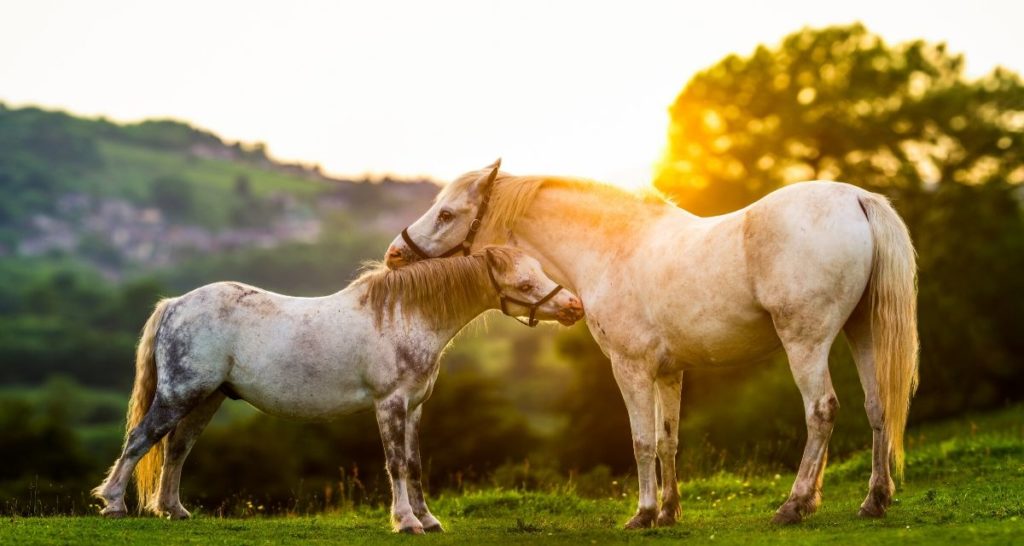
Most average 1,000 pound horses eat about 15-20 pounds of hay per day. You will most likely purchase your hay in flakes. It’s important to note that the amount of hay in a flake can vary by the kind of hay and size of the flake. If you’re unsure of the weight of the bales of hay, you should weigh the hay to determine the amount your horse needs.
Don’t feed before or after exercising
Horses are just like people, if you can, wait for about an hour before or after exercising your horse to feed them. If you’ve taken your horse for a more intense exercise, try and wait about 3 hours. When your horse’s digestive system is full, their lungs have less room to pump air through its system, making it much more difficult for them to exercise effectively.
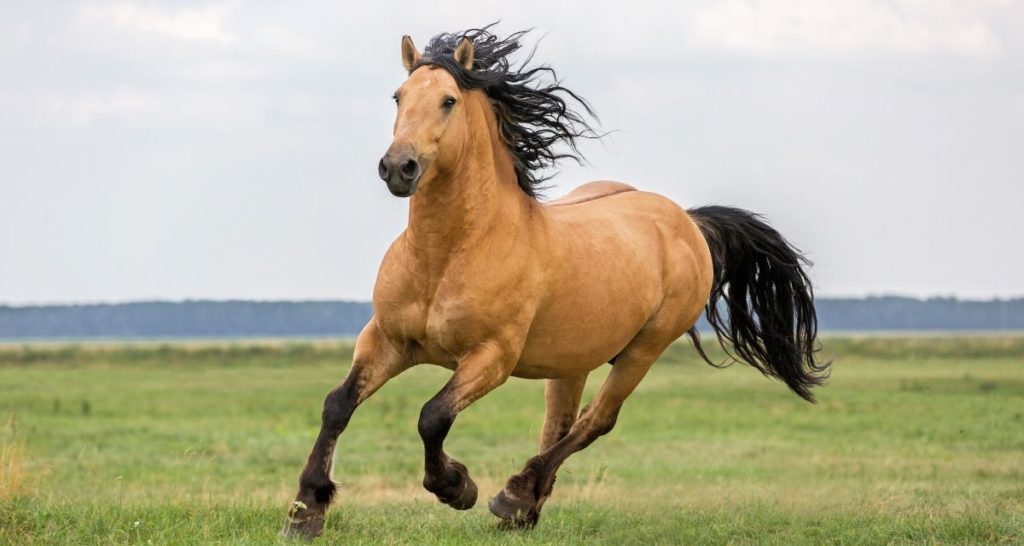
Furthermore, during exercise, blood flow is moved from the digestive tract, slowing gut movement and putting your horse at risk of becoming colic. Make sure your horse is entirely cooled down after exercise before you feed it. When your horse is entirely cooled down, their breathing and heart rate will be back to normal, and their skin won’t feel hot or sweaty.
Stay on a routine
Like most animals, horses thrive on consistency. Horse’s require consistent feeding schedules, especially horses that are susceptible to colic. If you notice your horse suffering from abdominal pain after a change in its eating habits, and you should schedule a wellness exam with your vet because it could have colic.
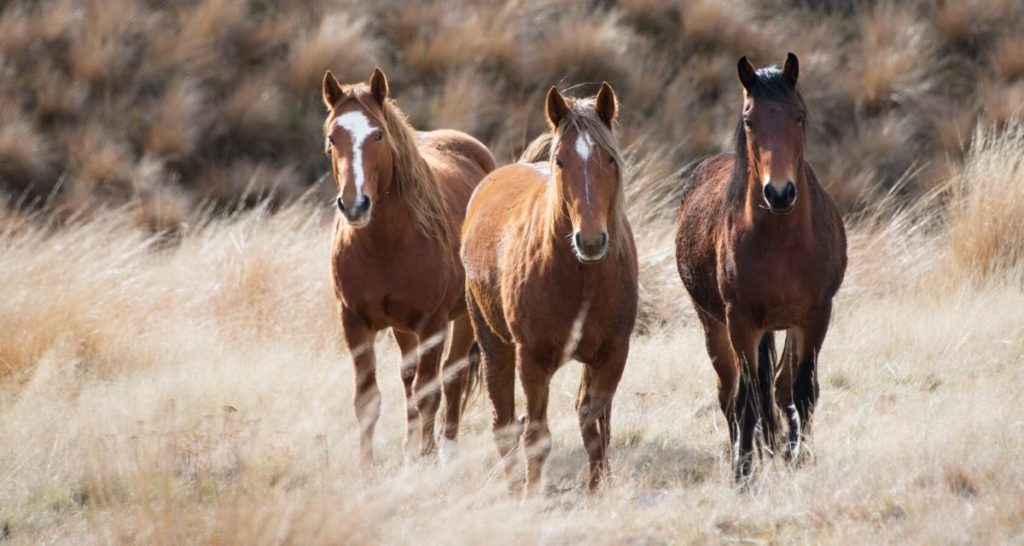
I hope you enjoyed these few tips on how to better feed your four-legged friends. If you have anything you would like to see in a future blog, leave a comment below, we would love to hear from you!
Last Updated on 04/02/2020 by Krysta Paffrath
CLN Community & Event Sponsor
